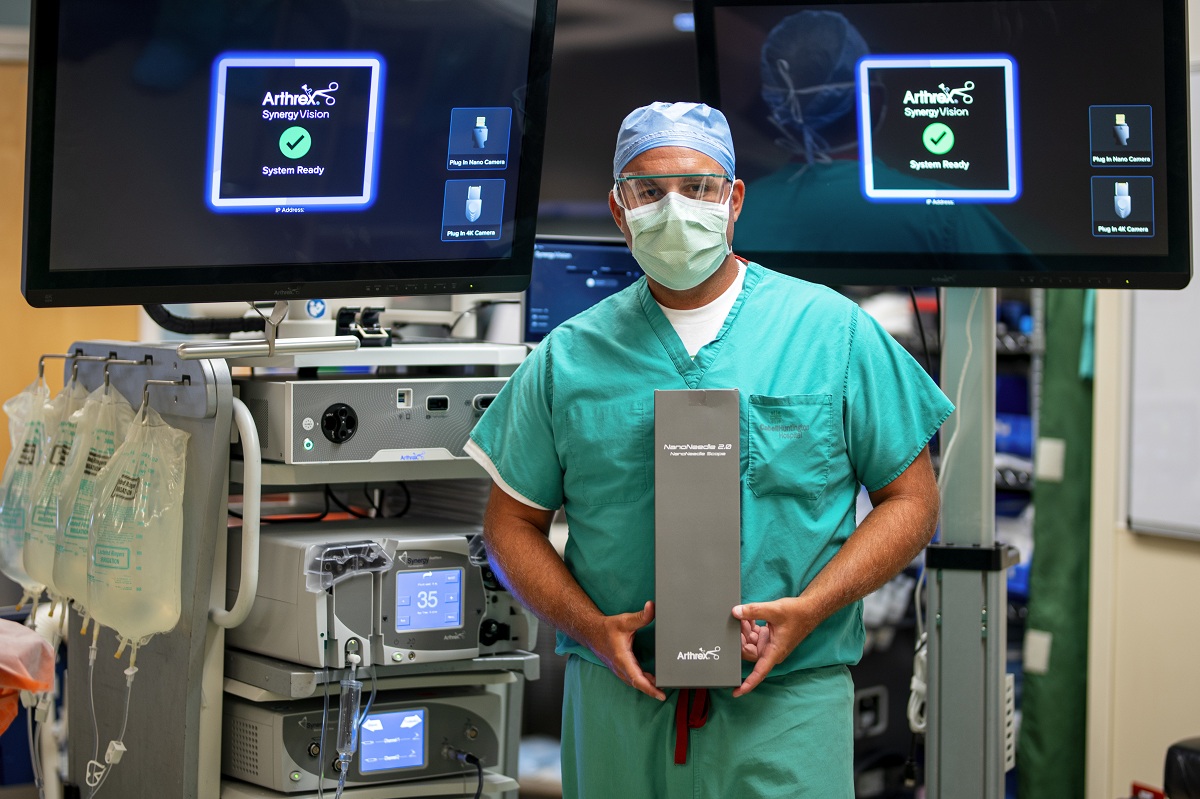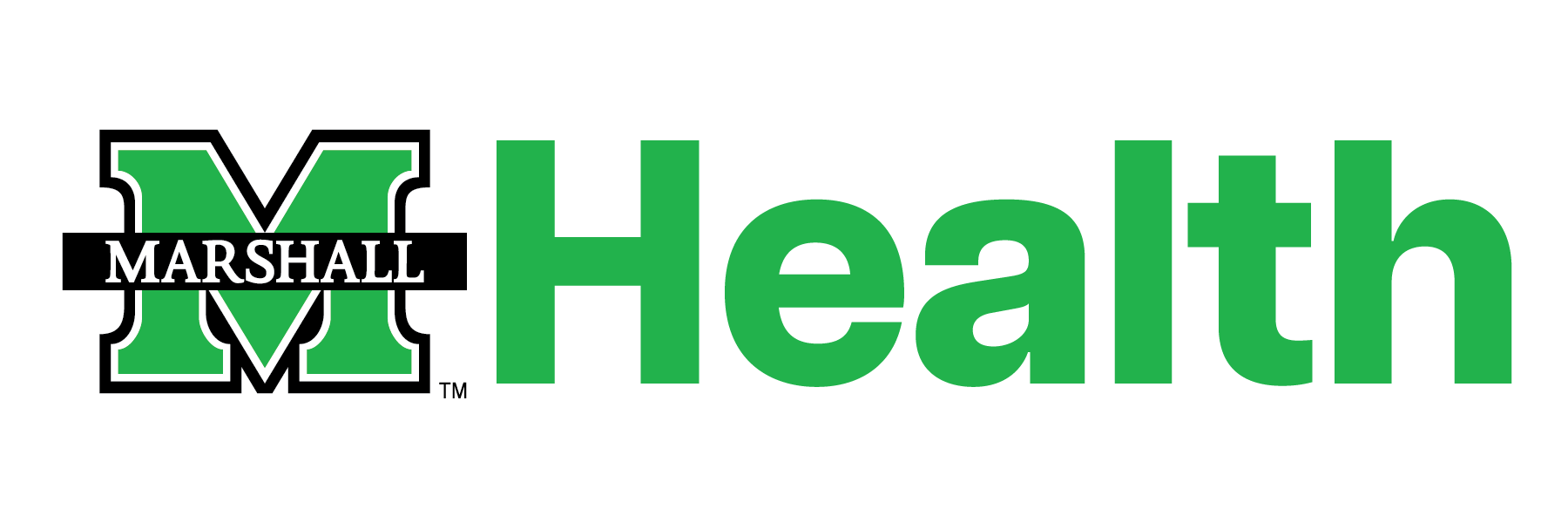Marshall Health Network brings NanoNeedle 2.0 for minimally invasive joint care to West Virginia

HUNTINGTON, W.Va. – Marshall Health Network is the first in West Virginia and the surrounding region to offer NanoNeedle 2.0, the next-generation nanoarthroscopy technology by Arthrex, advancing the diagnosis and treatment of joint conditions through high-definition visualization and minimally invasive techniques.
The Arthrex NanoNeedle 2.0 is the latest evolution of nanoarthroscopy, featuring a 1.9 mm diameter, high-resolution, single-use camera paired with bendable, reusable resection instruments. The system, first performed in West Virginia earlier this month at Cabell Huntington Hospital by Marshall Health orthopaedic surgeon, Chad D. Lavender, M.D., allows physicians to access tight joint spaces, offering a less invasive alternative to traditional arthroscopy and even MRI in certain cases. With the portability of a tablet-controlled system, NanoNeedle 2.0 enables both diagnostic and therapeutic procedures in various clinical settings.
“Introducing NanoNeedle 2.0 reinforces our commitment to providing patients in West Virginia and surrounding region with access to the most advanced orthopaedic care available,” said Lavender, who serves as an assistant professor of orthopaedic surgery at the Marshall University Joan C. Edwards School of Medicine. “By giving us an inside view of a joint with high-definition clarity, NanoNeedle 2.0 makes it possible to diagnose and treat injuries more quickly, with less discomfort and downtime for patients.”
Lavender, widely recognized for his expertise in arthroscopy and advanced orthopaedic techniques, has been at the forefront of minimally invasive innovations. His reputation for pioneering the fertilized anterior cruciate ligament (ACL) procedure and advancing patient-centered care further positions Marshall Health Network as a leader in orthopaedics and sports medicine across the nation.
The introduction of NanoNeedle 2.0 builds on that foundation, offering patients faster, more accurate diagnoses; less invasive procedures with smaller incisions; reduced pain and tissue trauma; and shorter recovery times. The results of multiple multicenter trials have shown that nanotechnology can reduce narcotic consumption postoperatively by up to 50% compared to standard arthroscopy, with patients also reporting improved outcomes in the first six weeks—contributing to quicker, more successful recoveries, Lavender said.
Learn more about Marshall Orthopaedics at www.marshallhealth.org/orthopaedics. To schedule an appointment, call 304.691.6710.
